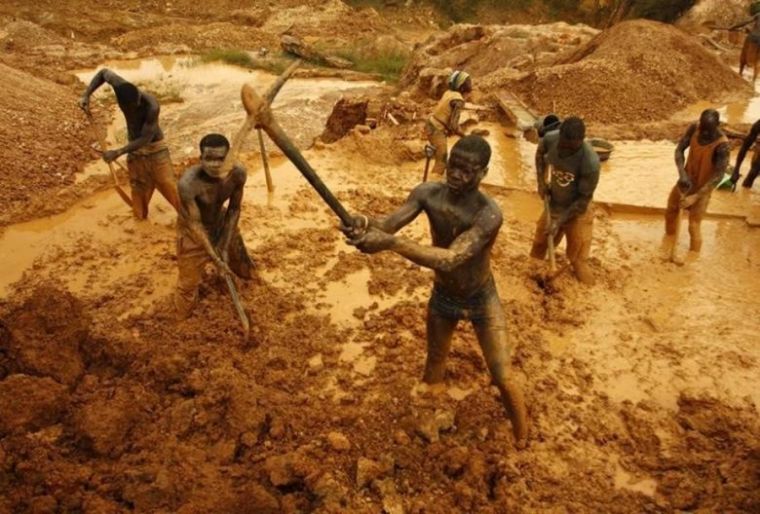Church officials in Ghana stand up for residents whose lands are being stolen from them

Land-grabbing has become such a major problem in the African nation of Ghana that Roman Catholic Church officials have been compelled to lend their voices to stop the widespread practice.
The Catholic Church in Ghana unveiled last week a 48-page document borne out of its research on land issues in the country, which have been threatening the rural livelihoods and food security of residents there.
The Church-led research, entitled "Unmasking Land Grabbing in Ghana; Restoring Livelihoods; paving the way for Sustainable Development Goals," primarily seeks to raise awareness on the land issues in the African country, and to bring it to the attention of national government officials.
Samuel Zan Akologo, executive secretary of Caritas Ghana which helped in the research together with the Ghana Catholic Bishops' Conference, expressed hopes that the result of the study will prompt government officials to protect rural people who suffer from unnecessary strife and conflict due to the land-grabbing issues.
"It is our hope that this conversation that we are beginning today would help deepen our understanding on the issues involved to enable the bishops to take actions based on informed position," Akologo said, as quoted by Vatican Radio.
He added that his group is committed to make more people more aware of the land issues being encountered by people in rural areas.
"We have the outreach potential to reach every nook and cranny of this country to ensure that no one is left behind," the Caritas Ghana leader explained.
Rev. Fr. Wisdom Larweh, assistant secretary general of the National Catholic Secretariat, for his part said the research was inspired by Pope Francis' Laudato Si, the encyclical on how to protect the Earth.
"This should include analyses of the current situation, concrete proposals for dialogue and action and consensus building. He [The Pope] states that the Church does not presume to settle scientific questions or to replace politics but wishes to encourage an honest and open debate and dialogue so that there will be a united effort at saving the earth which is our common good," Larweh also told Vatican Radio.











